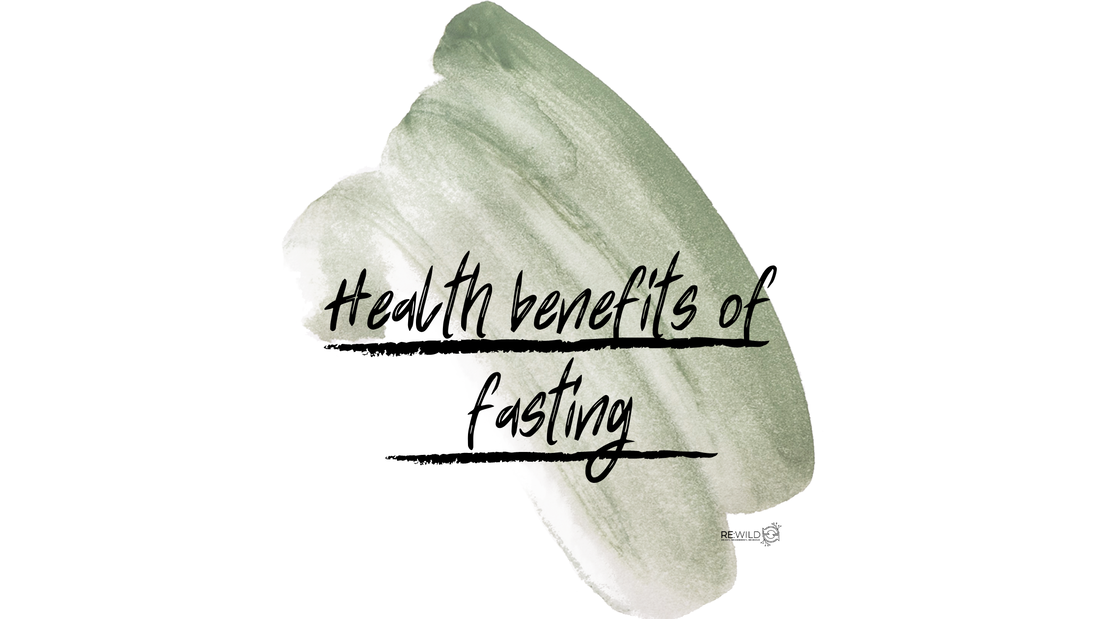|
In life, longevity is the name of the game, and fasting can help you stay healthier for longer. During the later stages of a fast, our body releases a higher amount of human growth hormone compared to when in a fed state. Growth hormone has important effects on metabolism and cellular repair. It stimulates protein anabolism, reflected by increased amino acid uptake, increased protein synthesis and decreased oxidation of proteins. It enhances the utilisation of fat and serves to maintain blood glucose within a normal range. Growth hormone elevates after exercise and during sleep, which is why both are extremely important parts of our fasting program. As previously mentioned, during prolonged fasts (24 to 72-hours) the body begins the process of autophagy. Autophagy is one of the body’s ‘housecleaning’ processes. The word derives from the Greek auto (self) and phagein (to eat), literally meaning ‘to eat oneself'. Essentially, this is the body’s mechanism for getting rid of all the broken down, old cell machinery (organelles, proteins and cell membranes), becoming a sort of survival mechanism. Energy is produced in our mitochondria, and its ability to process energy declines over time. This hastens the ageing process and leads to age-related diseases. Fasting has been shown to help combat this. Depending on what you eat, it can take hours for your body to digest it, and up to 2 hours for the insulin to clear your system. So, not only is your digestive system constantly working, but your body’s insulin response is constantly signalling it to store energy. Fasting allows your overworked gut to take a break from energy-intensive tasks like digesting and assimilating food and has been shown to improve and support a healthy gut microbiome. The microbiome has extensive functions including regulating our immunity, energy metabolism, and synthesis of vitamins and fat storage (among many others!), making it vital to our health and wellbeing. Fasting also helps modulate our circadian rhythm – our ‘internal body clock’. Our gut microbes have their own circadian rhythm (clever, hey!?), and many gut microbes become more or less active at different times.
0 Comments
Leave a Reply. |
JcHere I write about everything I love and that interests me. Archives
September 2021
Categories
All
|

 RSS Feed
RSS Feed
